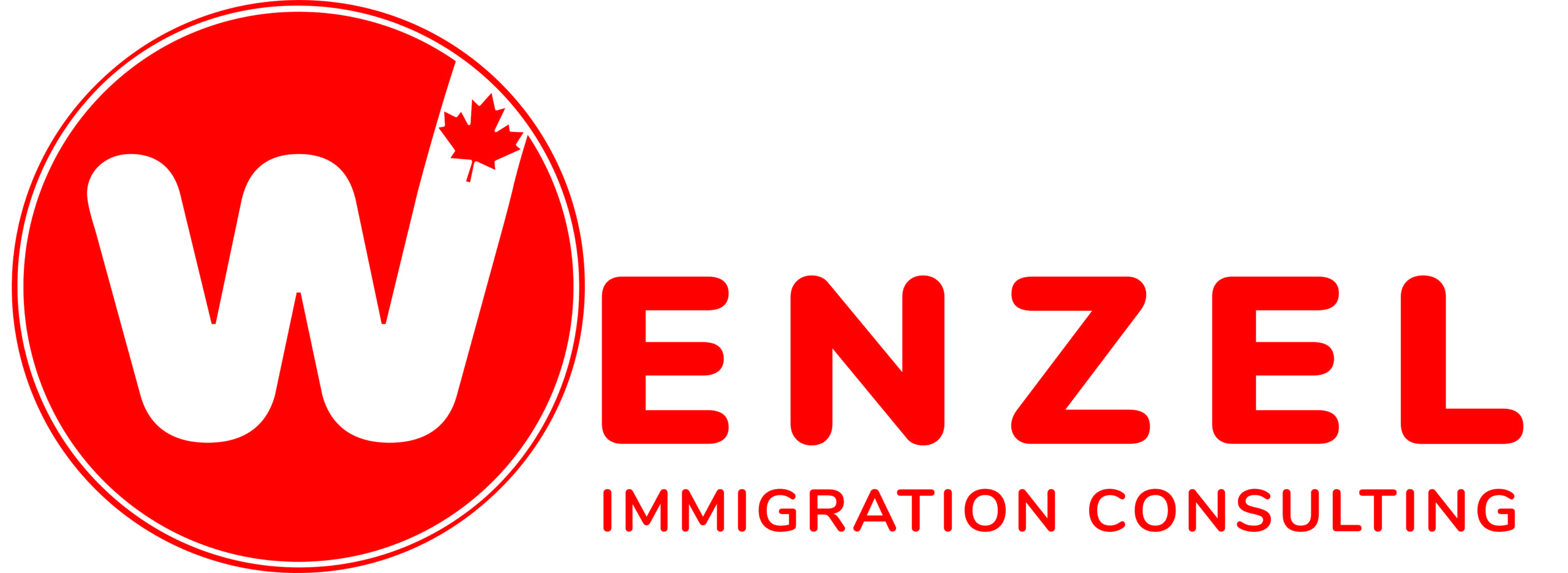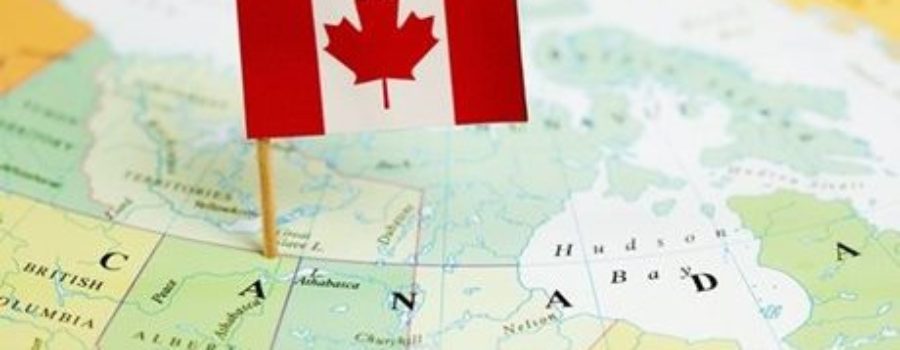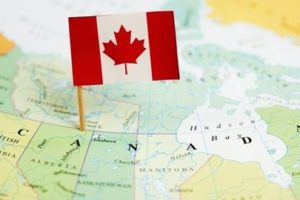Before starting your new life in Canada, it is important to complete essential tasks in your home country so that you do not have to worry about them later. Whether it is getting rid of your personal belongings or consolidating your finances, some tasks may take weeks or months to complete, while others can only be done in person, so be sure to plan ahead.
In this article, we provide you with a list of essential tasks to complete in your home country before moving to Canada, along with indicative deadlines for when you should start working on them.
This list only covers tasks that you need to complete in your home country. Remember that you also need to prepare for your new life in Canada at the same time, such as booking accommodation and preparing your resume for the Canadian job market.
6 MONTHS BEFORE:
PASSPORT: Check the validity of your passport. You will need a valid passport to travel to Canada, so check its expiry date to make sure it is valid beyond your planned travel date. If you are moving to Canada permanently, Immigration, Refugees and Citizenship Canada (IRCC) advises that you renew your passport so that it is valid for at least six months from the day you travel or apply for permanent residence. You can then update the information from your new passport in your permanent residence application.
WIC TIP!: If you are coming to Canada as a temporary foreign worker or international student, the duration of your work or study permit cannot exceed the remaining validity of your passport.
Regardless of the immigration program you have qualified for, if your passport is expiring soon, it is best to renew it while you are still in your home country. This way, you can avoid the hassle of renewing it through your country’s embassy in Canada as it takes more time. Each country has different deadlines for passport renewal, so make sure to apply for it several months before your planned travel date.
PROFESSIONAL TITLE ECA Educational Credential Assessment. Most newcomers who move to Canada as permanent residents or work permit holders obtain an evaluation of their educational credentials for their Permanent Residence or Immigration application. If you plan to work in Canada, you should consider getting an ECA before your move. Some Canadian employers may require an ECA before offering you a job. For more information on ECA click HERE
BUDGET. Budgeting for your life in Canada – The cost of living in Canada can be quite high, especially if you plan to live in a major city like Toronto or Vancouver. To make your transition to Canada as easy as possible, you should try to bring enough money to cover your living expenses in Canada for six months. Often, it takes newcomers a few months to find a suitable job in Canada, and you may need to rely on your savings from your home country until then.
If you are moving to Canada as a permanent resident, you likely already have enough saved money to show the required proof of funds (unless you have a Canadian job offer or immigrate through the Canadian Experience Class program). However, that may not be enough to cover your living expenses for six months.
There is no set deadline for when you should start saving. That will depend on how much you earn and can set aside for the future, as well as the average monthly living expenses in your future city in Canada. If you plan to support your family in your home country when you move to Canada, make sure to budget for those payments as well, so that you have time to find a suitable job after arriving. If you plan to sell your assets, such as your car or house, before your move, you can also consider that money in your budget.
3 MONTHS BEFORE:
CURRENT JOB – You must notify your employer in your home country and fulfill the terms of your employment contract before leaving. You should make sure to leave a good impression and avoid burning bridges with your employer, as they may be contacted for employment background checks and references in Canada.
LICENSE OR INSURANCE LETTER – You must obtain a driver’s license extract from your home country to demonstrate your driving experience. If you have two or more years of driving experience in your home country, the extract can help you obtain a full license in Canada much faster.
DOCUMENTS – Lastly, you must gather other important official documents, such as marriage certificates, birth certificates of your children, vaccination and school records, and copies of your passport and other identity documents. It is important to have everything in order before the move.
1 MONTH BEFORE:
BANKS – One month before moving to Canada, you must consolidate your finances and organize your financial documents. You should make a list of all your bank accounts and financial products and close the accounts you won’t need. It is recommended to keep one or more active bank accounts if you don’t want to transfer all your money to Canada at once or if you want to keep some money invested or saved in your home country. You should consult banking regulations in your country, as you may need to convert your accounts to non-resident accounts. If you plan to visit your home frequently, consider keeping an active debit or credit card for easy purchases.
PERSONAL BELONGINGS – You must decide which items you want to bring with you and prepare accordingly. Check government regulations on what is allowed to be brought into the country and the rules that apply to what you will import. If you plan to bring your pet to Canada, you may need to undergo tests, treatment, quarantine, or vaccination before arrival. You are unlikely to bring everything you have accumulated during your life in your home country to Canada, so you must decide if you want to gift, sell, donate, or dispose of items that you won’t bring with you.
If you want to bring furniture or other large items to Canada, you will likely need to make shipping arrangements in advance so that the items arrive soon after landing.
MEDICAL – You should also schedule visits to your doctor, dentist, or optometrist before leaving your home country. Make sure to be up to date on your vaccinations, obtain prescriptions and renewals for any ongoing medication, and collect a copy of your medical and dental records. If you are moving to Canada with children, you will need their vaccination records for school admission. Click here for more information on British Columbia Medical Services
HOUSING – Don’t forget to notify your landlord if you live in a rental property and make necessary arrangements to leave the property.
1-2 WEEKS
One or two weeks before moving to Canada, it’s time to start packing seriously. In addition to the belongings you already have, you may want to buy items you will need during your first weeks in Canada.
If you are moving to Canada during the winter months, appropriate weather clothing should be one of your top priority purchases. Most newcomers prefer to buy their winter wardrobe after arriving in Canada, but you may still need jackets, sweaters, gloves, wool socks, and shoes that will keep you warm at least during your first few days.
If you will be living in an Airbnb or temporary accommodation during your first weeks, it’s a good idea to check if they have an equipped kitchen and if toiletries are provided. These items are not always easy to find in Canada or may be significantly more expensive.
Try to think of other things you regularly use and bring enough for at least a week’s use, so there is no urgency to find nearby stores as soon as you arrive.
Buy travel insurance. Travel insurance protects you against unforeseen incidents that may occur during your trip. Typically, it ensures you for trip interruption, delays or cancellations, lost luggage, or emergency medical expenses incurred during your trip.
If your province has a waiting period for provincial healthcare, you should consider obtaining extended medical coverage so that you are covered during your first months in Canada as medical care can be very expensive without insurance.
Spend time with family and friends. Once you have completed and organized all your essential tasks, make sure to spend quality time with your family and friends. You may not have the chance to see them for several months or years. However, you can always stay in touch through phone, video calls, or email, so don’t despair.
Your last weeks and months at home will be extremely busy. However, with proper planning, you can avoid last-minute challenges and complete all the essentials before your move. If you cannot complete some of these tasks while still at home, don’t worry, you may be able to complete them remotely later or during your trips back home.
Good luck and safe travels!
If you want information on how to immigrate to Canada, we can help you prepare your long-term immigration strategy, book your appointment HERE.




